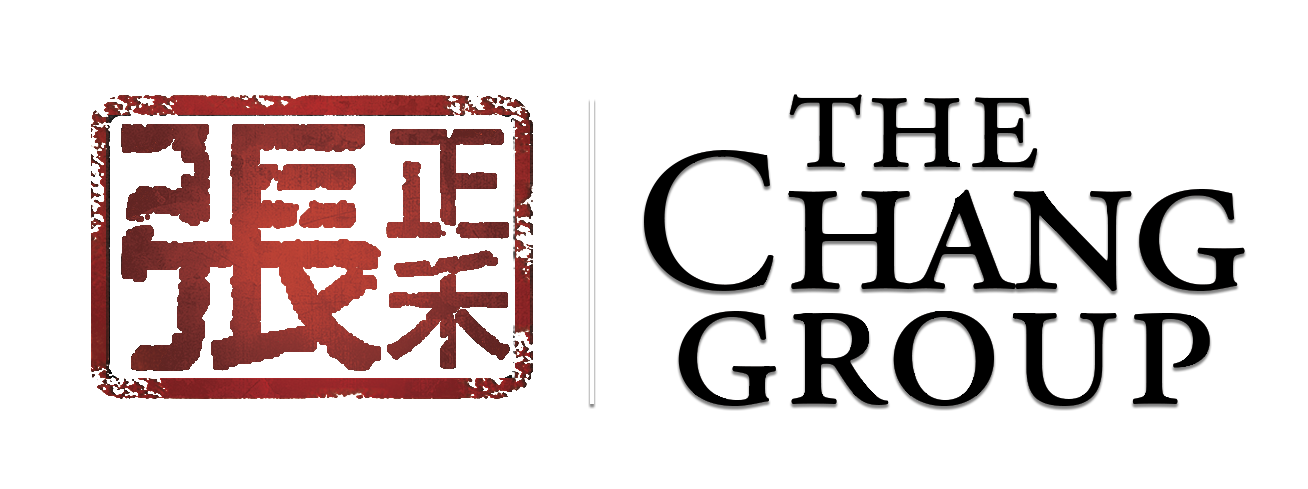What to Know About Affordable Housing
Fair housing is an issue near and dear to our hearts at the Chang Group, and it is top of mind for realtors across the nation. In fact, at the recent 2022 Realtors Legislative Meetings, the National Association of Realtors named ensuring fair housing for all as one of the top three issues discussed. We here at the Chang Group could not agree more. So, what does fair housing mean? And what does it look like in today’s market?
What is the Fair Housing Act?
The term comes from the passage of Title VIII as part of the Civil Rights Act of 1968. Title VIII became known as the Fair Housing Act, which decreed that it is illegal to discriminate against anyone based on race, gender, religion, or national origin. It was amended later to include handicap status or family status.
The Act was passed one week after the assassination of Dr. Martin Luther King Jr., as the civil rights leader was closely associated with fair housing legislation, and had organized and attended marches in Chicago in 1966 to bring attention to the issue. Supporters of the Act felt that codifying fair housing at the federal level was a fitting tribute to Dr. King’s service and sacrifices in his quest to make a more perfect and equal union for all.
Fair Housing in the 21st Century
Many parts of the U.S. have adopted new and often unique equal housing opportunity rules to fit the specific needs of their citizens. In Seattle, for instance, the federal Fair Housing Act is supplemented by protecting people based on creed, age, alternative income status, sexual orientation, use of a service animal, criminal history, or out of retaliation.
The Fair Housing Act covers the entirety of the United State, and therefore discrimination against protected people as listed above is illegal. However, finding a home is still difficult for many people in protected classes for a variety of reasons. Racial minorities, people with disabilities, and immigrants are often left out of homeownership due to the high costs of homes in the current market. These groups often rent instead, which prevents them from building personal and generational wealth equity.
However, inventory seems to be a wall that we are all facing. Increasing housing and expanding the types of homes that are available to potential buyers is one way to address disparities in homeownership. Creating incentives for owners to sell to first-time buyers is another and aiding buyers in the form of down payment subsidies or tax credits are a few more ideas proposed by the National Association of realtors.
The Chang Group is committed to creating inclusive and equal housing opportunities for everyone looking to buy a home. These diverse groups and interests are one reason why I got my At Home With Diversity designation, and I encourage more realtors to do the same. Through this certification, we can all learn how we can serve a client base as diverse as Seattle and the surrounding areas.
